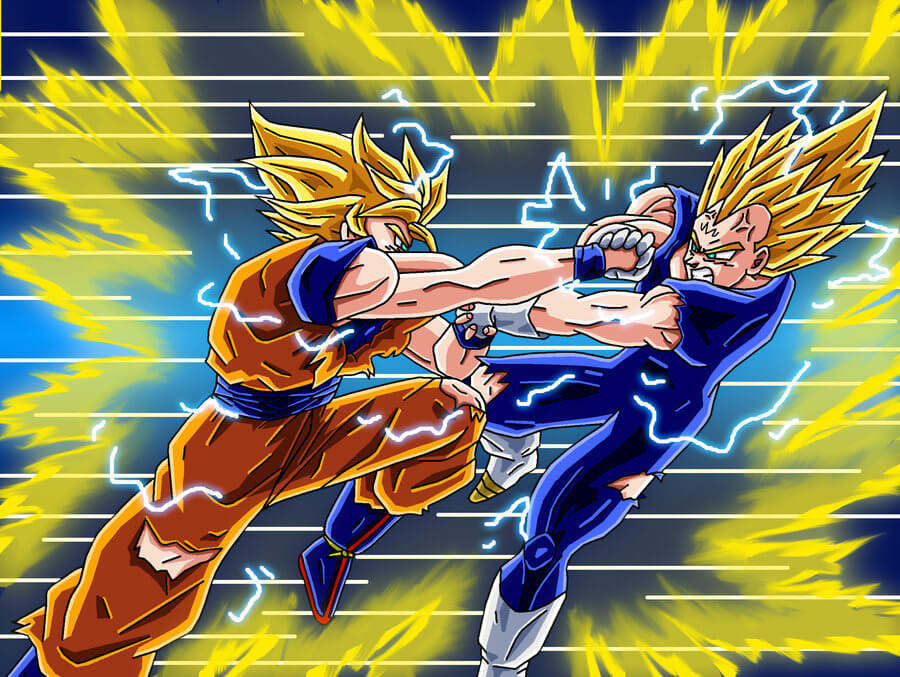How Do You Know When You are a Martial Arts Master?

Once receiving the blackbelt (if the system uses that ranking), he must now spend years honing those skills. Practicing, fighting, contesting, training. After a decade or so, the curriculum that makes up his basic set of skills will have been mastered pretty well. But he is still not a master.
After a decade or so of training comes the “seasoning” period where the practitioner becomes aware of his place in the dojo and in the lineage of the dojo. He begins to understand the role and responsibility of first being a Sempai and then a Sensei. There will begin to come the understanding of how to impart knowledge to others. Up until this point there has been an inward focus – which now must be pointed outward. There was taking, where now there must be giving. There also comes an understanding of what it takes to run a class and perhaps a dojo. There are business aspects and safety aspects. One learns how to deal with the many types of personalities that come with new students and not so new students. All the while, this man must maintain control of his own life outside of the dojo. In this modern world we cannot recede into prior centuries – we live here and now. We have to deal with insurance and bills and jobs and family and automobiles and laws and permits and children. We have responsibilities to our physical genetic families and our martial arts families. On the way to mastery this sensei will need to learn to juggle all of those responsibilities. Sometimes he will and sometimes he wont.
So what is a martial arts master? What’s our ideal? A martial arts master is both a warrior and a scholar. A destroyer as well as a creator. He is both martial as well as an artist. He embodies both the yin and yang of life. When the chips are down he never gives up. He fights to the end. He will not stop. He knows the meaning of tenacity far more than the best dictionary. He is that person who you want on your side. Yet among all that fire and passion, among all that drive and courage, he is tempered by a softer, gentler side. He is “for” life. He does not kill to kill. He kills in order to bestow life.
Why do hero’s fight?
To protect the lives of those whom they love. They feel a love for life and a compassion for others that goes beyond the fear of death. Every moment is to be valued, for every moment is the most precious. In fact, the martial arts master understands that it’s the only moment we’ve got. With the spirit of a true artist of life he feels gratitude for the life force coursing through his body. He is FULLY alive, in touch with himself. He lives openly, fearlessly.
In this day and age it’s very easy for us to find role models to inspire us. We just have to turn on the tv. And the martial arts master is all over the media. The Last Samarai is a perfect example in my mind of the true martial arts master. Even outside of movies dealing with the martial arts you find people with the spirit of a master. Of course, these are fantastical examples. But what about someone who hits closer to home? Who in your life strikes you as a martial arts master? Is it your instructor? Is it your brother or sister? Is it a close friend? Is it a mentor? What about you? Can YOU be your own best hero–your own best example of who you want to be (and are)? Can you pick up your journal and be impressed with the person who did so much and fought for so much? What about other people? Are you a hero to others? Do you strive to bring people up and to inspire them to live a higher life? Do you seek to get or to give in life?
My first exercise I would recommend is to write down 3 or 4 people who really inspire you. Then write a paragraph for each describing why. What do they bring to the world and to you yourself? Just having this awareness can help you to set your own values and ideals.
There is one simple trick on how to be a Martial Arts master that nobody tells you: you have to keep studying, and you have to go outside your particular fighting discipline.
Doesn’t matter if you study Karate or Shaolin, Aikido or Tai Chi, you have to step outside what you have been learning.
If you are studying algebra and you graduate, then you know algebra, but that doesn’t mean you know trigonometry or calculus or any other form of mathematics.





